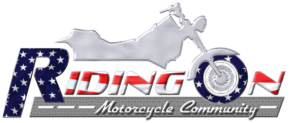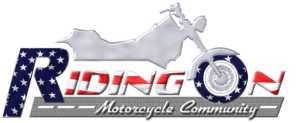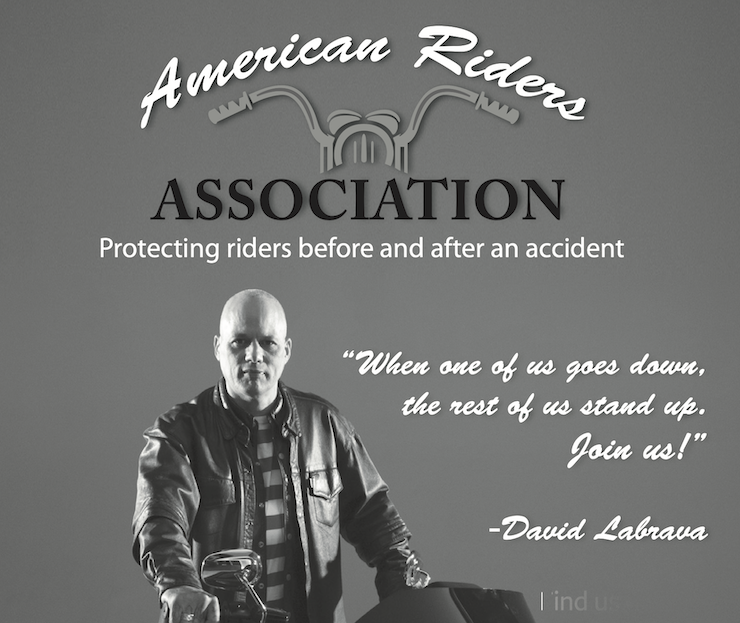Years ago a customer reported an accident. He had lost control on an icy road, mowed over two mail boxes, and caused significant damage to his vehicle. And then he argued that he should not be surcharged because the accident was not his fault. Hmmm – the mail boxes didn’t jump in front of the vehicle or swerve into his lane – whose fault did he think the incident was?
This incident struck home that there can be a disconnect between what insurance companies consider At Fault, and what drivers think they’re responsible for. In general you are responsible for retaining control of your vehicle in any weather and regardless of road hazards while obeying traffic laws.
In many accidents, one driver is clearly responsible and receives a ticket for a driving offense. In a rear-end collision, the offending driver often receives a ticket for “Failure to Maintain Assured Clear Distance.” In incidents where a driver disregards a traffic signal or sign and crashes into another driver who had the right of way, they are often cited for a “Signs & Signals” violation. Usually, the driver who gets the violation is the one who is considered at fault. This driver can expect to have his or her insurance company pay for damages and injuries to the other party, and expect to have some sort of accident surcharge appear on their policy.
But what happens when no one is cited? Officers don’t always cite the responsible party at the scene. I find this is most common with “sympathetic” drivers – an older person who seems befuddled, or a young driver who “gets a break” – especially if the person who was hit behaves like a jackass. We’ve had customers certain the responding officer knew the other party, and let them off easy as a result. Some drivers feel if they didn’t get a ticket, they were not responsible for the accident, and refuse to cooperate to settle the claim. It can be a head ache for the innocent party to get their bills paid when the other party refuses to respond, or lies about the facts of the case. I have said many times that I recommend that you ALWAYS contact the police after a multi-vehicle accident. Even if the incident happens on private property, even if the other driver swears they’ll pay for your damages. The police will usually at least take notes that they responded to the scene, even if they are not able to file a full police report. The other driver cannot claim they don’t know what you’re talking about – they were on Mars having lunch with Elvis that day!!! And when an accident report is filed, it will generally indicate who is responsible, even when no one was cited.
No citation can mean the officer felt BOTH parties contributed to the accident. Perhaps one driver was speeding and the other failed to look before backing from a parking space. Or, the facts of the incident may be in dispute. Neither party admits fault, and the officer cannot determine who is responsible. In cases like this, usually the insurance companies agree to a percentage of responsibility – sometimes 50/50, and each pays for their own or a percentage of the total damages. BOTH parties will then get an AT-FAULT, QUESTIONABLE or CHARGEABLE surcharge for the incident. All of these designations carry the same degree of surcharge. Law Enforcement and Insurance Companies investigate further only for major accidents with severe injuries, fatalities, or a large number of vehicles involved.
Having witnesses, preferably a bystander, who does not know you, can help sort out fault if no citation is given at the scene. Immediately after an incident, see if anyone who witnessed the incident will stay to talk to police, or if they cannot at least give you their contact information in case a dispute arises.
Another type of incident that will result in an At-Fault or Chargeable designation are single vehicle incidents. This can be a driver hitting a pothole, a guardrail on the road, or the garage door. (Very common!) This can also include a rider who “goes down” for whatever reason. The motorcyclist may encounter a road hazard such as water or gravel, or be attempting to avoid a more serious collision with another vehicle or large animal. Either way, insurance companies follow the philosophy that the rider is responsible to maintain control of their vehicle. If you do go down to keep yourself safe from the actions of another driver, (i.e.: A car rider who “doesn’t see you” and pulls into your right of way) it really helps to have a witness that can state you acted in the best possible way to avoid further injury, and were not “out of control.” Leaving the road and scraping up your bike (or car) in a ditch falls into this category as well. It’s a good idea to consider damages BEFORE reporting this type of incident to your insurance company or police. If you’ve not caused damage to another party, and your damage is minimal – you may be better off to handle repairs yourself and avoid an at-fault surcharge.
The last sort of incident that results in a Chargeable designation is “vehicle upset.” This includes having your bike fall over (on hot pavement that gives way, unstable gravel) or dropping the bike as it is being loaded. In many cases, this type of an incident produces a few minor scratches that the rider either feels are not worth repairing, or falls under the collision deductible limit and should not be reported to the company. However if the damage is extensive, it can be turned into your insurer under the collision portion of your policy for payment.
From the insurance company’s point of view, an incident other than fire, theft, vandalism, flood, falling objects or an animal hit is an accident. Unless there is another identifiable party that is found to be 100% responsible for the accident, you will receive a surcharge.
It is always a good idea to discuss the accident with your agent before an official claim is filed to determine how the incident will impact your rate. Some companies offer a payout threshold – and surcharge if their payout exceeds that threshold. Some auto insurers offer “accident forgiveness” features to their long term loyal customers. This means that after you have been with the company a certain length of time (most commonly 3-5 years) and have remained claim free, you can have a single accident without penalty. It’s certainly no fun to have an accident, and it’s no fun to get an increase on your insurance bill either. Taking any potential claim surcharge into account when weighing whether or not to file a claim ensures making the best decision.
Karen Diehl operates Diehl Insurance with husband Eric. They agency specializes in motorcycle insurance for motorcycles and collector cars in Ohio, Kentucky and Indiana.














